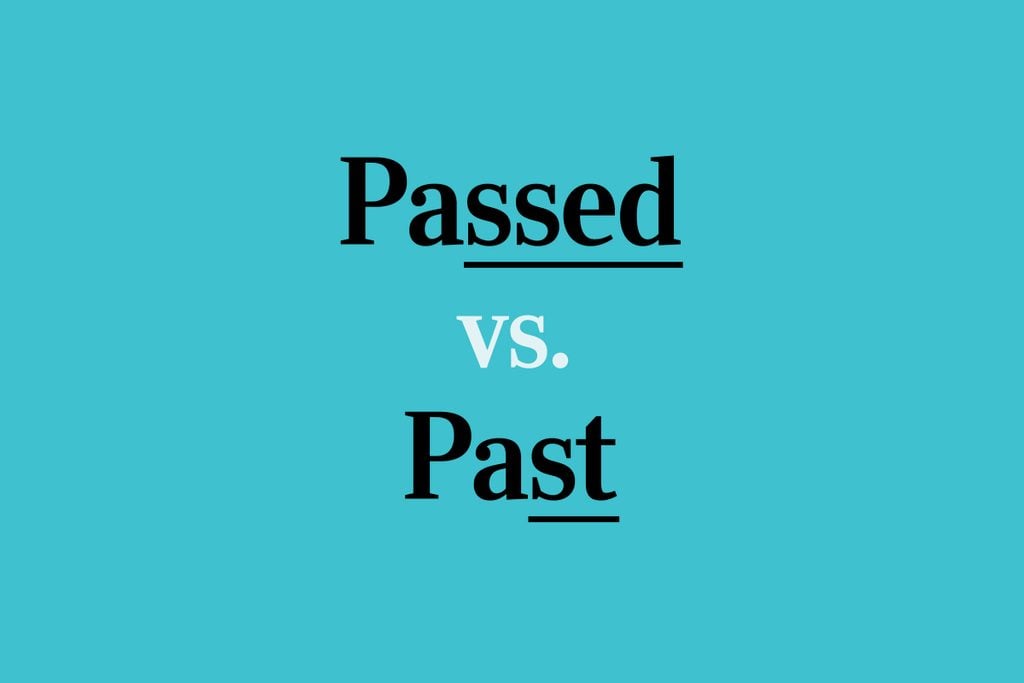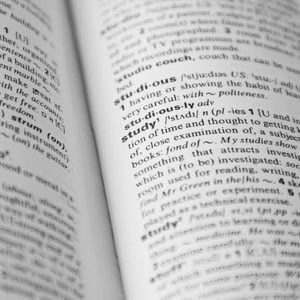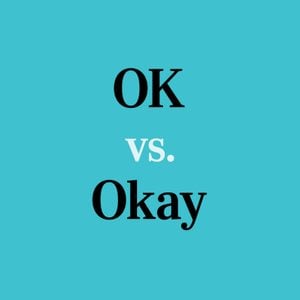Passed vs Past: What’s the Difference?
Updated: Mar. 25, 2022

Leave this common word mix-up in your past!
From “affect” and “effect,” where one has an A and one an E, to “let’s” and “lets,” where that little apostrophe makes a big difference, English is filled with pairs of similar words you’re probably mixing up. These are especially head-scratching when the words sound exactly the same, but you know they mean different things. This is the case for “passed” vs. “past,” and similar-but-not-identical meanings make matters confusing as well.
What does “past” mean?
“Past” can be several different parts of speech: a noun, an adjective, an adverb, and a preposition. Its best-known meaning refers to time gone by. In noun form, you would refer to “the past,” as in, “I love when my grandma tells funny stories about the past.” As an adjective, some examples of how to use “past” would be: “The past year has been challenging,” or “He wouldn’t stop talking about all of his past accomplishments.”
“Past” can also be used this way in a grammatical context. One of the most common mix-ups you’ll see is “passed tense.” This is incorrect—you’re talking about things that happened in the past, so it’s the past tense.
As a preposition, “past” can refer to both time and direction and means “after” (perhaps ironically, since its noun and adjective forms refer to time that came before!). For instance, at 5:30, you would say “It’s half past five,” not “half passed five.” And when giving someone directions, you’d say, “My house is just past the library.”
“Past,” however, is not a verb, which is one of the most significant differences between “passed” vs. “past.” For more word confusion, check out the most perplexing grammar rules in English.
What does “passed” mean?
“Passed” is a verb. It’s a form of the verb “to pass.” At the risk of making things even more confusing, it’s the…past tense form. “Pass” can refer to many different things, and if any of those things happened in the past, you would use “passed.” (Yes, it’s frustrating and confusing that “past” and “passed” sound so similar!)
- “Pass” can mean to go by or move beyond: “My dog barked when we passed another dog.”
- “Pass” can also mean “to go by” in reference to time: “Time passed slowly while I waited.”
- It can mean to hand something to someone else: “My mom passed me the potatoes after she had taken some.”
- It can mean to achieve a successful score on something: “I passed my driver’s test yesterday!”
- Lawmakers “pass” a bill when they approve it: “The House of Representatives just passed this groundbreaking act.”
- “Pass” can also mean to refuse something: “She passed up the chance to see the author speak.”
- You would also use “passed” when talking about a deceased person: They “passed away”—not “past away”—or “passed on.”
- If someone fainted or fell asleep very quickly, they “passed out.”
- If you found something to occupy your time, often while waiting, you “passed the time.”
- If you expressed an opinion about someone, you “passed judgment” on them.
- And, yes, it can refer to bodily functions: “He passed gas.”
That’s a whole lot of meanings—and those are just the most significant, common ones. But the bottom line is, if you’re talking about an action that happened, you always use “passed,” not “past.” Learn the difference between these words you think are synonyms but aren’t.
“Passed” vs. “past”: A similar meaning
Perhaps the most confusing element of this grammar quandary is the fact that there is one context in which “passed” and “past” can essentially mean the same thing—though you still use them differently. They can both refer to moving beyond something, and it’s only the part of speech that makes the difference.
“Passed,” again, is a verb, so it must express action: “As I passed the doughnut shop, I decided to stop in and get a doughnut.” “You passed your exit—turn around!” If you were to use “past” in this way, it must be a preposition, referring to the position of something. Whereas “passed” is a verb, “past” is not, so a sentence with “past” still needs a verb. You can’t use “past” on its own here. For instance: “As I walked past the doughnut shop, I decided to stop in and get a doughnut.” “You drove past your exit—turn around!”
And, finally, “past” can be an adverb as well. It’s essentially the same use, except with no object. The rules still apply: “past” needs a verb; “passed” is a verb. Consider: “I waved at the parade float as it went past.” “I waved at the parade float as it passed.”
Whew! That’s a lot of confusion over two little words. Give your brain a break with these funny grammar jokes.



